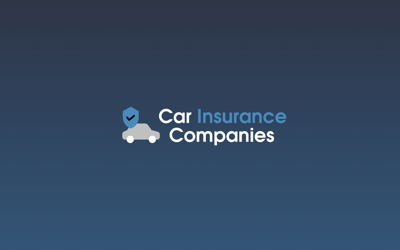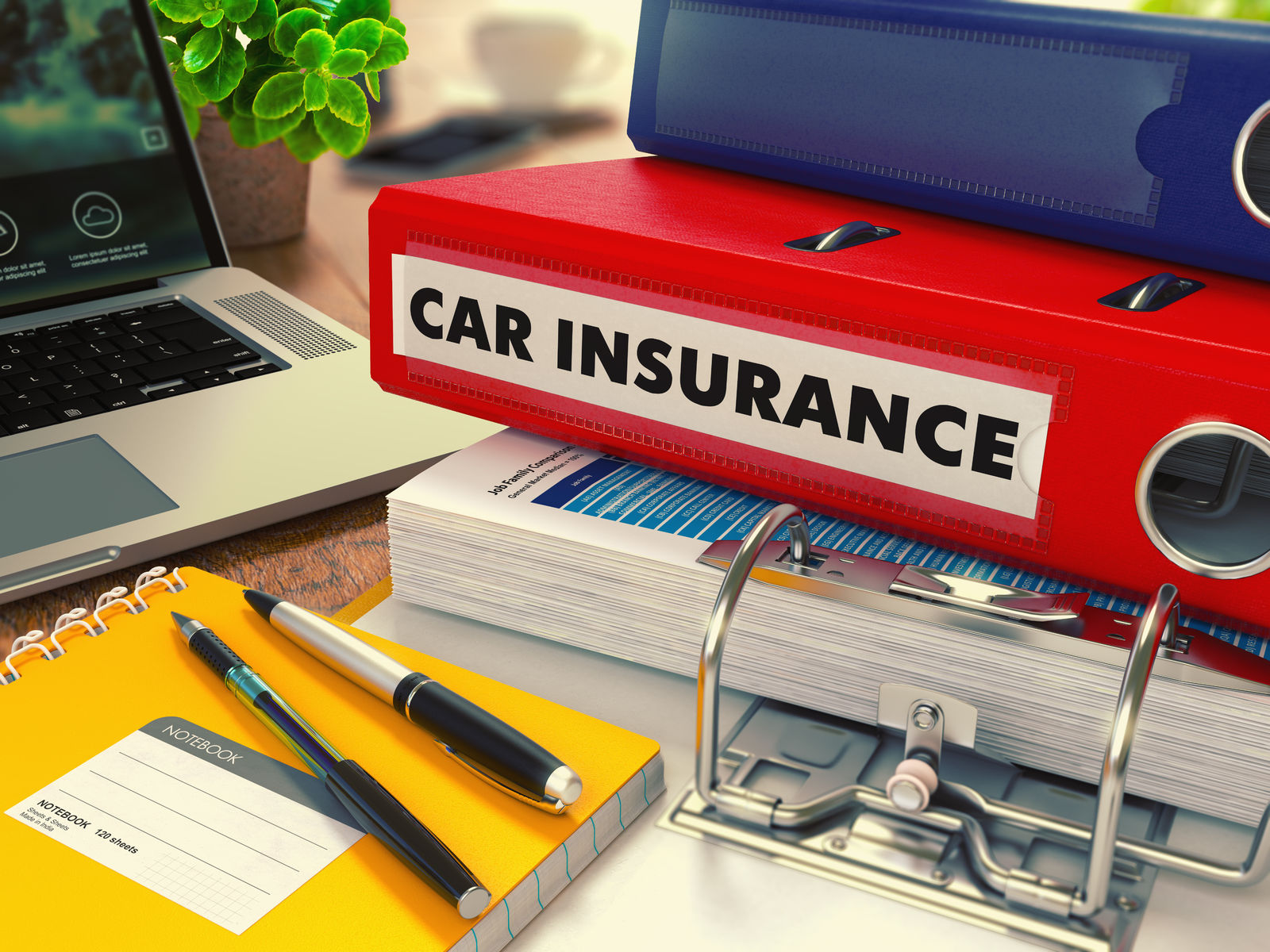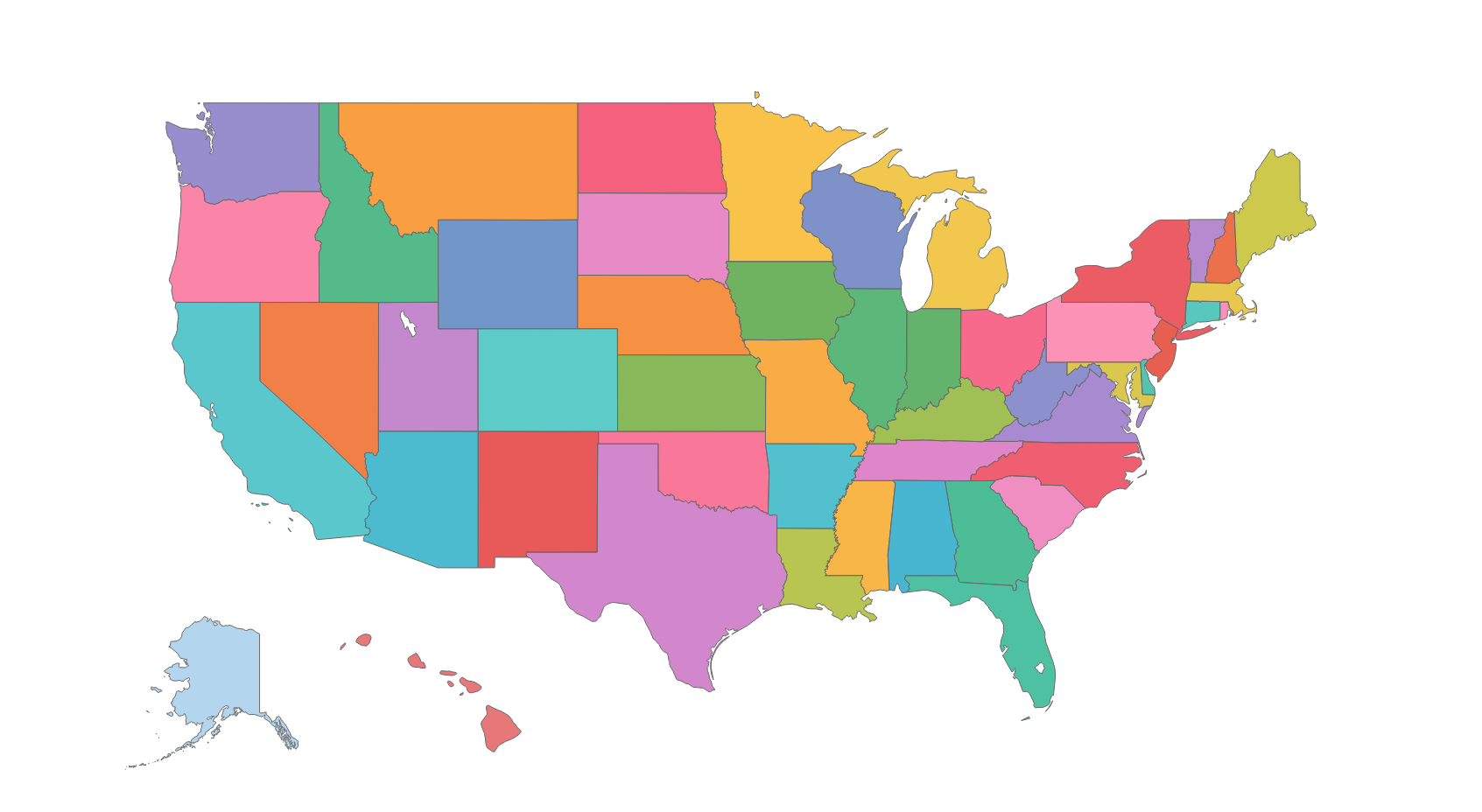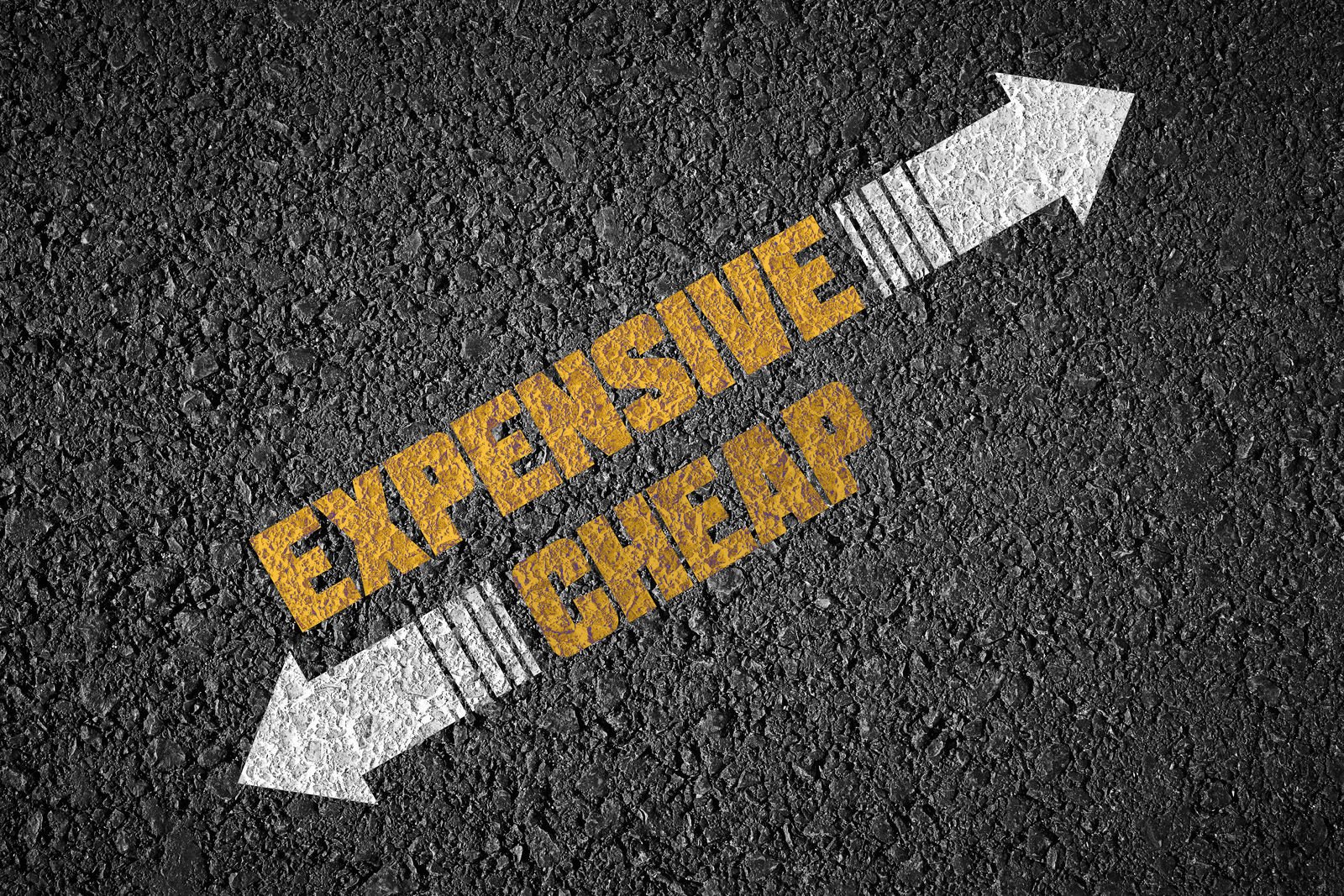 Post
PostShopping for Car Insurance: How to Compare and Evaluate Quotes
Car insurance is a crucial aspect of owning a vehicle. It provides financial protection in the event of an accident or other mishap. However, with so many insurance companies and policies available, it can be challenging to determine which one is right for you. This article will guide you through the process of shopping for...
Car insurance is a crucial aspect of owning a vehicle. It pr...







